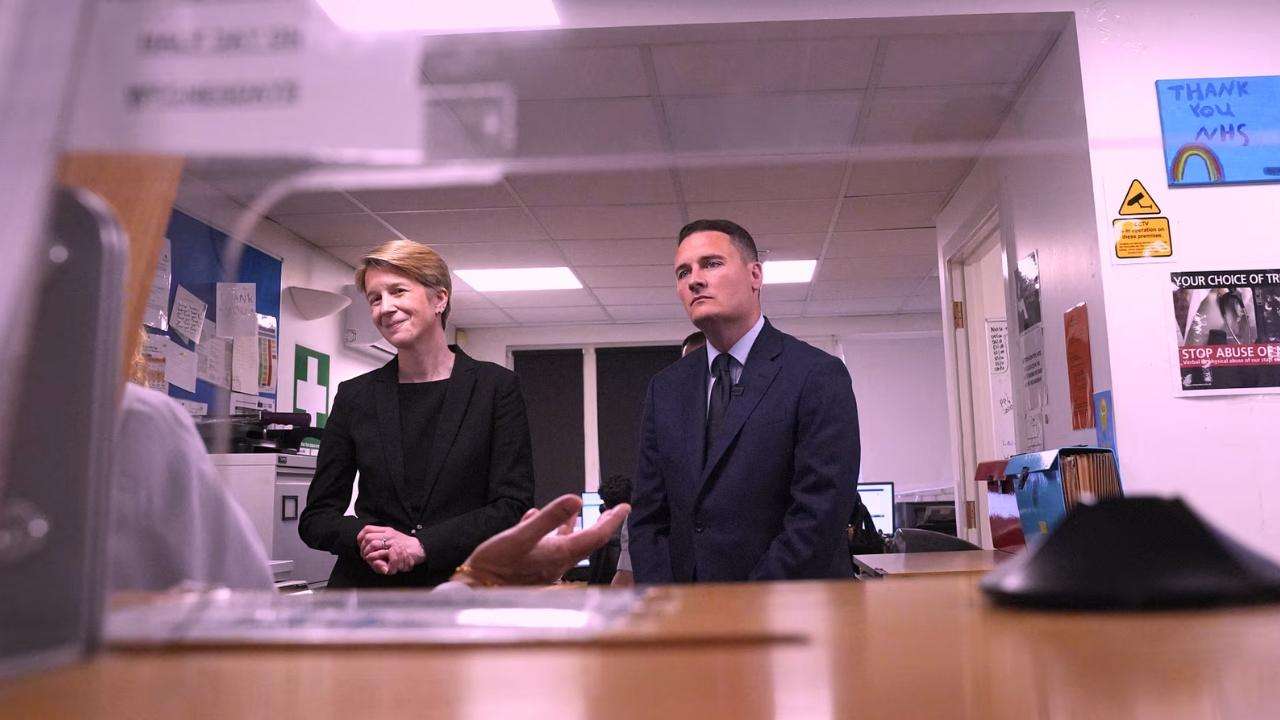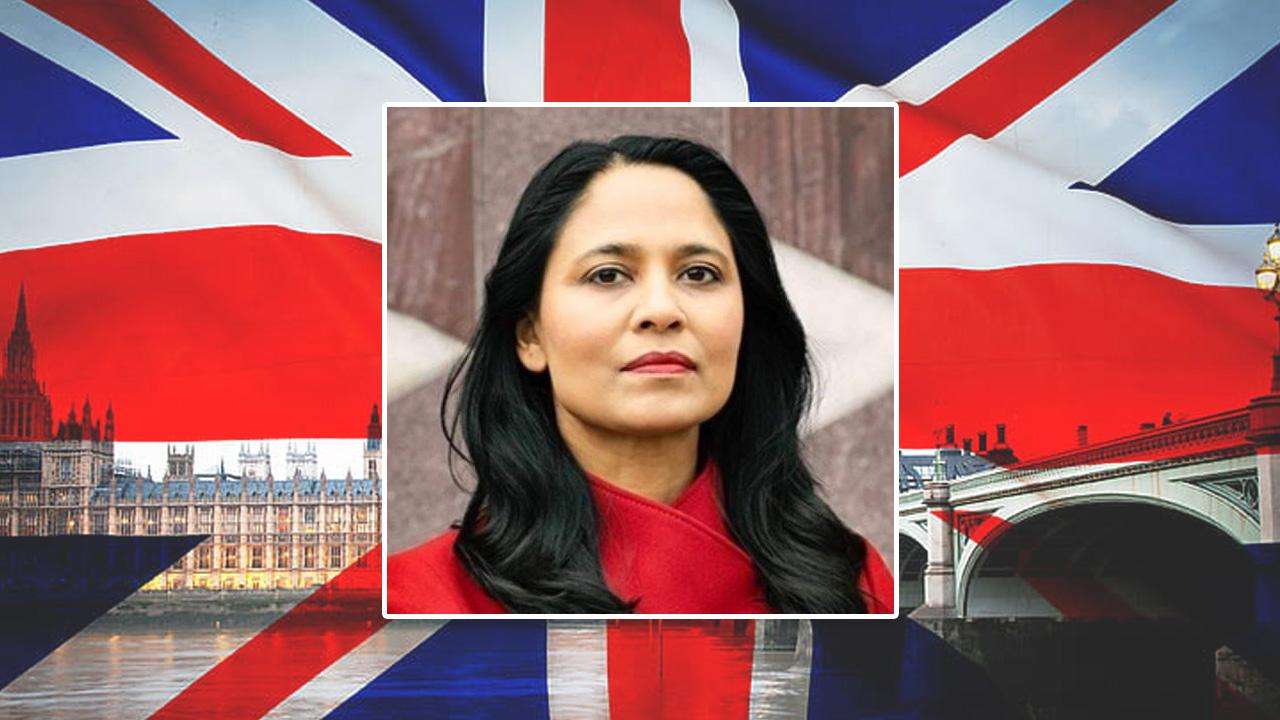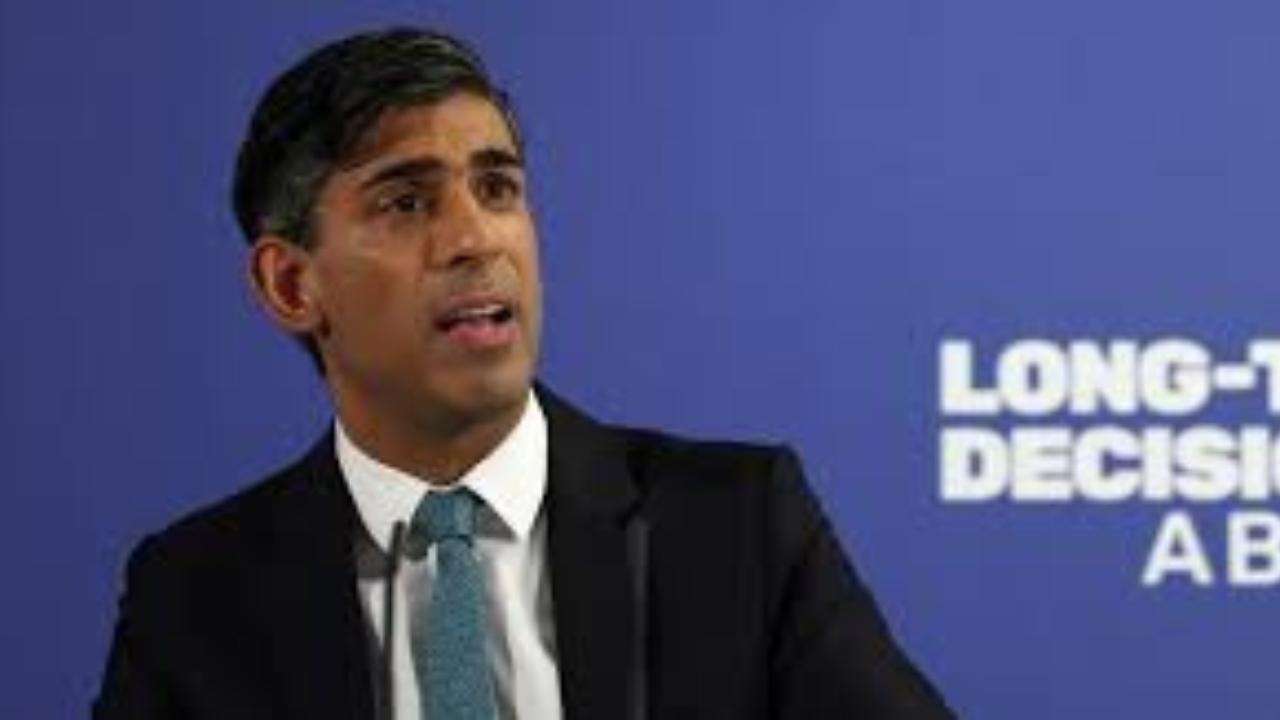Wes Streeting, who stated that millions of patients would be able to see the same family doctor at every appointment, has pledged that ministers will redirect billions of pounds from hospitals to GPs in order to "fix the front door to the NHS."
On Tuesday, as he was ready to start crucial negotiations with junior physicians to ultimately put an end to the strikes that have plagued the health service since 2022, the health secretary made his first significant policy announcement.
Less than 10% of the £165bn NHS budget in England is spent on primary care, and that share has been falling, despite record high demand at GP surgeries. In a significant policy shift, Streeting on Monday said he would reverse that trend and boost the proportion of the budget for primary care so patients could access help sooner.
More than 5 million patients a month in England are waiting longer than a fortnight for a GP appointment after the previous government promised everyone would be able to get one within 14 days.
After visiting Abbey Medical Centre, a GP surgery in St John’s Wood, London, Streeting said: “Patients are finding it harder than ever to see a GP. Patients can’t get through the front door of the NHS, so they aren’t getting the timely care they need.
“That’s no surprise, when GPs and primary care have been receiving a smaller proportion of NHS resources. I’m committed to reversing that.”
Improving access to family doctors was key to easing the wider crisis across the NHS and reducing pressure on hospitals, Streeting said.
He added: “My first visit as health secretary was to a GP practice because when we said we want to shift the focus of the NHS out of hospitals and into the community, we meant it.
“I’m determined to make the NHS more of a neighbourhood health service, with more care available closer to people’s homes. Because if patients can’t get a GP appointment, then they end up in A&E, which is worse for them, and more expensive for the taxpayer.”
The Abbey Medical Centre provides patients with a personal service and emphasises continuity of care – both key pillars of the government’s mission to reform NHS primary care, Streeting said.
He added: “We are committed to bringing back the family doctor, so patients can see the same doctor each appointment, fixing the front door to the NHS.”
In 2023, almost 61m appointments took place more than two weeks after being requested, according to figures from a House of Commons library analysis of NHS data.
Amanda Pritchard, the chief executive of NHS England, who visited the GP practice with Streeting, welcomed the policy shift.
She said: “GP teams are the bedrock of the NHS but right across the country, they are under huge pressure and working incredibly hard to deliver more appointments. We know there is much more work to do to support them and to transform primary care services.”
In an email to NHS leaders on Monday, seen by the Guardian, Pritchard revealed that there were “three big strategic shifts” identified by the new government that “we are all keen to make”.
They were: moving more care out of hospital into primary care and community services; better use of technology and data; and boosting prevention by supporting people to stay well, reducing health inequalities and helping people stay in work.
However, diverting billions of pounds from hospitals will probably upset some hospital bosses who are battling to reduce the record NHS backlog.
While shifting cash to primary care might eventually ease the burden on hospitals, resolving the pay row will also be crucial to resolve the NHS crisis. Streeting will meet junior doctors face to face on Tuesday.
_7.jpg)

_8.jpg)

_7.jpg)



.svg)



